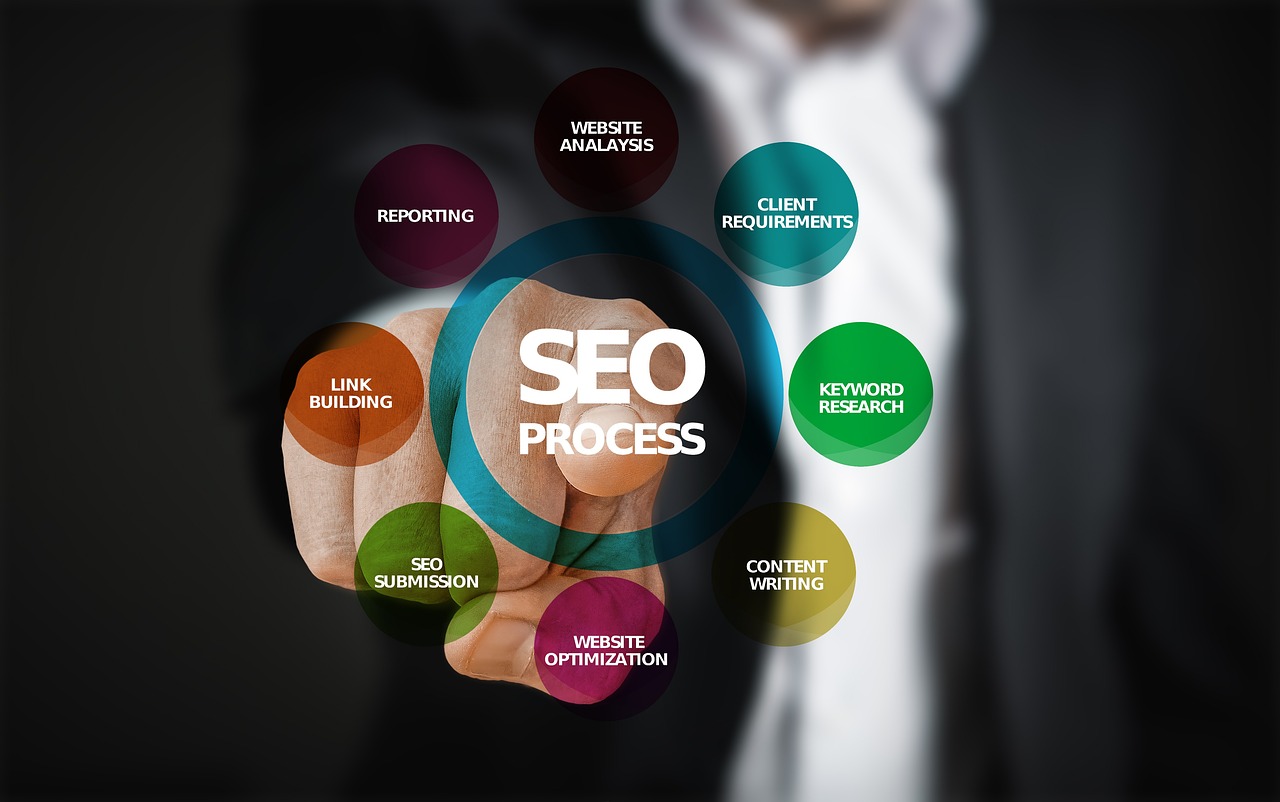Search Engine Optimization (SEO) has become an essential strategy for businesses aiming to improve their online visibility and drive organic traffic. This guide explores foundational SEO strategies recommended by industry professionals, focusing on key components, challenges, and best practices to achieve long-term success.
Understanding SEO
Definition of SEO
SEO, or Search Engine Optimization, refers to the process of optimizing a website to enhance its visibility on search engine results pages (SERPs). By aligning website content with search engine algorithms, businesses can attract more relevant traffic and achieve higher rankings.
Goals of SEO
The primary objectives of SEO include:
- Driving Organic Traffic: Increasing the number of visitors to your website through non-paid search results.
- Enhancing Relevance: Ensuring that your website content aligns with the search intent of users.
The Importance of SEO for Businesses
Cost-Effectiveness
SEO is one of the most cost-effective marketing strategies available. Unlike pay-per-click (PPC) advertising, which requires ongoing investment, SEO provides long-term benefits with consistent efforts. Businesses can save money while achieving sustainable growth.
Building Authority and Visibility
A well-optimized website helps businesses establish authority in their industry. Higher search engine rankings improve visibility, making it easier for potential customers to discover your brand.
Core Components of SEO
Keyword Research
Keyword research involves identifying terms that potential customers use when searching online. By targeting these keywords, businesses can attract their target audience more effectively.
On-Page SEO
On-page SEO focuses on optimizing elements within your website, including:
- Content: Creating valuable, keyword-rich content.
- Titles and Meta Descriptions: Crafting compelling and relevant titles and descriptions.
Off-Page SEO
Off-page SEO involves building backlinks from authoritative websites to improve your website’s credibility. Strong backlink profiles can significantly enhance search engine rankings.
Technical SEO
Technical SEO ensures your website is accessible and efficient, including:
- Site Performance: Fast loading times.
- Mobile-Friendliness: Optimizing for mobile users.
Security: Implementing HTTPS protocols.
SEO vs. Paid Search
Organic vs. Paid Traffic
SEO and PPC both drive website traffic but in different ways. Organic traffic generated through SEO offers long-term benefits, while PPC provides immediate but temporary results.
Strategic Considerations
Businesses should prioritize SEO when seeking sustainable growth and use PPC for short-term campaigns or specific promotions.
Tracking and Measuring SEO Success
Essential Tools
Tools like Google Analytics and Google Search Console are crucial for monitoring SEO performance. These platforms provide insights into:
- Impressions
- Clicks
- Conversions
Refining SEO Strategies
By analyzing data from these tools, businesses can identify areas for improvement and refine their strategies to achieve better results.
Best Practices for Effective SEO
Content Quality and Relevance
High-quality, relevant content that addresses user needs is a cornerstone of effective SEO. Regularly updating and expanding content helps maintain its relevance.
User Experience and Site Performance
Fast loading speeds, mobile optimization, and secure browsing contribute to a positive user experience, which search engines reward with higher rankings.
Continuous Learning and Adaptation
Search engine algorithms evolve frequently. Staying updated with the latest SEO trends ensures your strategies remain effective.
Common SEO Challenges and Solutions
Algorithm Updates
Frequent algorithm changes can impact rankings. Businesses must monitor updates and adapt their strategies accordingly.
Competition and Saturation
Standing out in a competitive market requires unique content, niche focus, and superior user experience.
Technical Issues
Identifying and fixing technical problems like broken links, duplicate content, or crawl errors can significantly improve SEO performance.
The Future of SEO
Emerging Trends
Trends like AI-driven search, voice search optimization, and local SEO are shaping the future of SEO. Businesses must stay ahead by embracing these advancements.
The Importance of Adaptability
SEO is an ongoing process. Companies that remain adaptable and proactive in their efforts will continue to thrive in the ever-changing digital landscape.
By following these essential SEO strategies, businesses can build a strong online presence, attract more organic traffic, and achieve long-term success in their digital marketing efforts.




